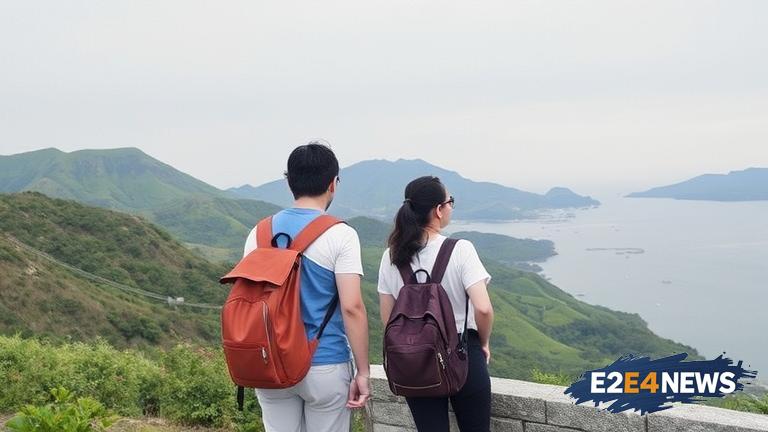Jeju Island, often referred to as the ‘Hawaii of South Korea’, has become a hotspot for tourists from around the world. However, the influx of visitors has also led to an increase in misbehavior, prompting the local government to take action. The new guidelines, aimed at foreign visitors, outline expected behavior and etiquette when visiting the island. The rules cover a range of topics, including respect for local culture, environment, and community. Visitors are reminded to respect sacred sites, not to litter, and to refrain from engaging in loud or disruptive behavior. The guidelines also emphasize the importance of following local customs and traditions, such as removing shoes when entering temples or homes. Additionally, visitors are advised to be mindful of their dress code and to avoid revealing clothing. The local government has also introduced measures to prevent overcrowding and to protect the island’s natural environment. This includes limiting the number of visitors to popular tourist spots and implementing a system to monitor and manage tourist traffic. The new guidelines are part of a broader effort to promote sustainable tourism and to preserve the island’s unique culture and environment. The move is seen as a necessary step to balance the economic benefits of tourism with the need to protect the island’s delicate ecosystem. Jeju Island has been facing increasing pressure from tourism, with visitor numbers exceeding 15 million in 2022. The island’s government has been working to develop strategies to manage the impact of tourism, including investing in infrastructure and implementing measures to reduce waste and pollution. The new guidelines are expected to help reduce the negative impacts of tourism and to promote a more positive and respectful experience for both visitors and locals. The guidelines will be available in multiple languages, including English, Chinese, and Japanese, to ensure that all visitors are aware of the expected behavior. The local government will also be working with tour operators and travel agencies to promote the guidelines and to encourage responsible tourism practices. The move is seen as a positive step towards promoting cultural exchange and understanding between visitors and locals. By introducing these guidelines, Jeju Island is taking a proactive approach to managing the impact of tourism and to preserving its unique culture and environment. The island’s government is committed to finding a balance between promoting tourism and protecting the island’s natural and cultural resources. The new guidelines are expected to contribute to a more sustainable and responsible tourism industry, and to promote a positive experience for all visitors to the island. The guidelines will be regularly reviewed and updated to ensure that they remain effective and relevant. The local government is also encouraging feedback from visitors and locals to help improve the guidelines and to ensure that they are meeting their intended purpose. Overall, the introduction of the new guidelines is a significant step towards promoting responsible tourism and preserving the unique culture and environment of Jeju Island.
